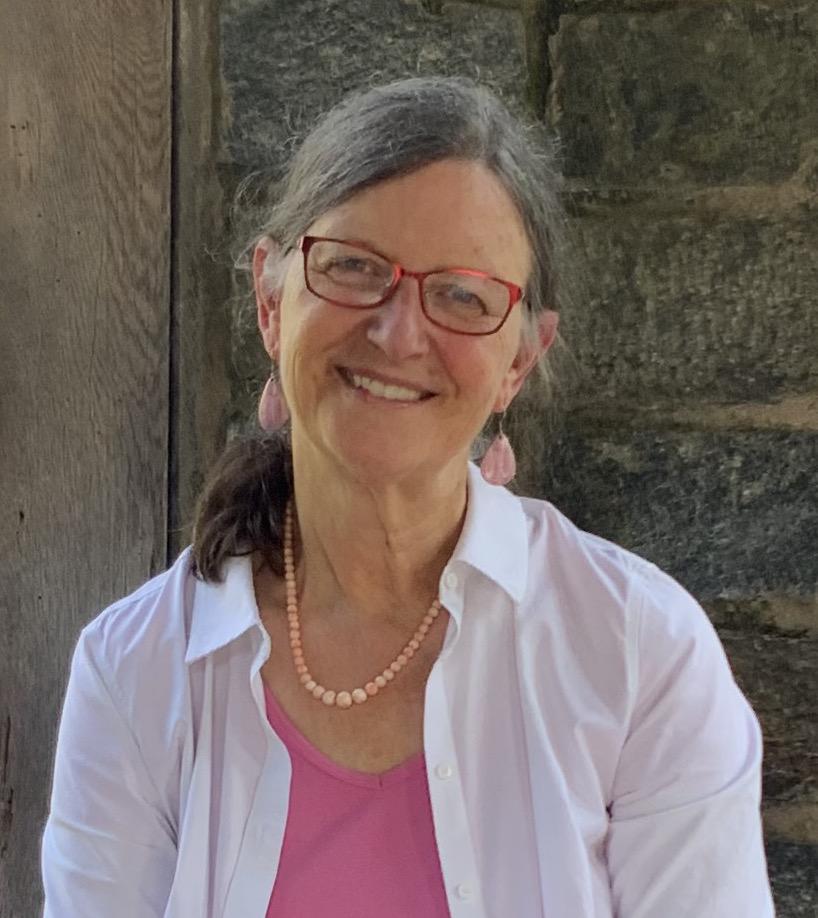By Kathy Staudt, EUA President

In his talk on Evelyn’s feast day, June 15, 2021, Bishop Frank Griswold both modeled and reflected on what it means to be a “person of prayer.” He said he does not study Evelyn Underhill, but that he has found her to be a companion, experiencing in her teaching the way that Christ comes to us through the saints.
He began by reflecting and expanding on the importance of worship and adoration in the life of prayer, so foundational to all of Underhill’s work. A person of prayer is someone who is attached to God at the very deepest level, and who is learning that praise, worship and service are all part of our “yes” to the Holy Spirit praying in us, a “yes” to who God has made us to be, to the mystery of being made in the image of God. In a church that often makes us feel we have to choose between prayerfulness and service, Bishop Frank reminded us that unless adoration and awe are right, our service will not be right.
Praise and reverence mean availability to the Spirit within us, with no agenda – just knowing “You are loved.” This knowledge is transformative. Prayer is fulfilled in the love of God toward humanity, and whenever we pray, in whatever tradition we embrace, we are praying in and through the Word of God, the One who is the agent of Creation, working in us to transform us slowly but faithfully into transmitters of God’s love in the world.
Having laid this rich theological foundation, Bishop Frank turned to the specific challenges of clergy and religious leaders. Echoing Underhill’s firm and gentle wisdom, he insisted that this has to be real for us if it is to be real to those we serve. He invited us all to imagine the Risen Christ, saying “You can’t just think of me. I am with you.”
A disciplined life of prayer opens us to this reality, and enables leaders to be present in ways that people know actually matters.
Drawing generously from his own experience, Bishop Frank described some of the challenges clergy face in the spiritual life. In the ministry of Word and Sacrament, for example, he noted that is easy to take any reading and let it serve my own ends. Do I let the Word open me? he asked, or do I decide what I want to say and manipulate it? Pushing against this temptation, he recalled early commentators who came to Scripture with joy, with an expectation of being renewed and made more available to God. This can happen, he suggested, in a regular discipline of praying Scripture in the daily office, even when there are long dry periods. Scripture is sacramental; it is inhabited by the Word, and in it, Christ the Word will accost us. Echoing Underhill’s Concerning the Inner Life, Bishop Frank reminded us that the heart of ministry is our prayer, and the quality of our presence is related to the depth of our prayer:
You can tell when someone is preaching/presiding out of their own experience of life in Christ. This insight, which turns up repeatedly in Underhill’s teaching, was richly modeled in Bishop Frank’s talk and in the conversation following it. We were blessed by his presence, by his obvious rootedness in the life of prayer, and by the wisdom he shared, in holy companionship with Evelyn Underhill.
Dr. Kathleen Staudt is president of EUA and author of many articles as well as At the Turn of a Civilization: David Janes and Modern Poetics.